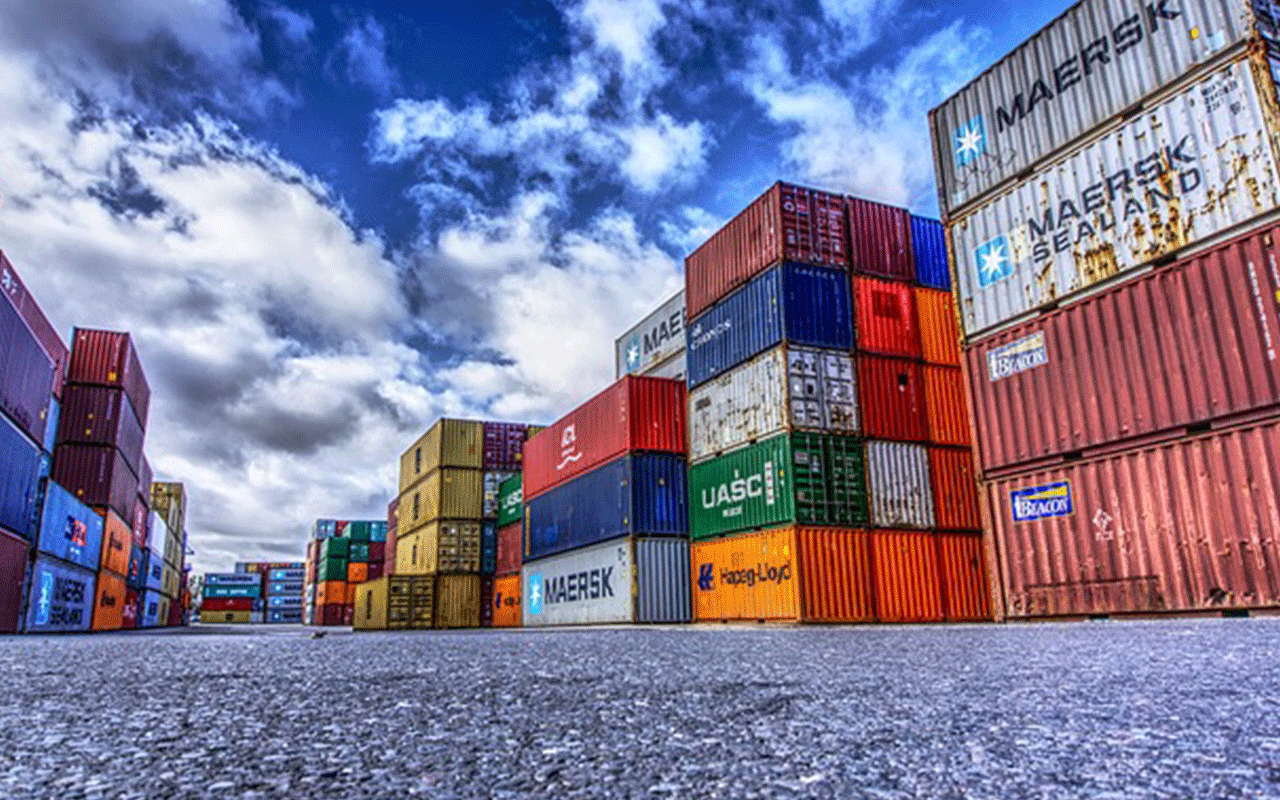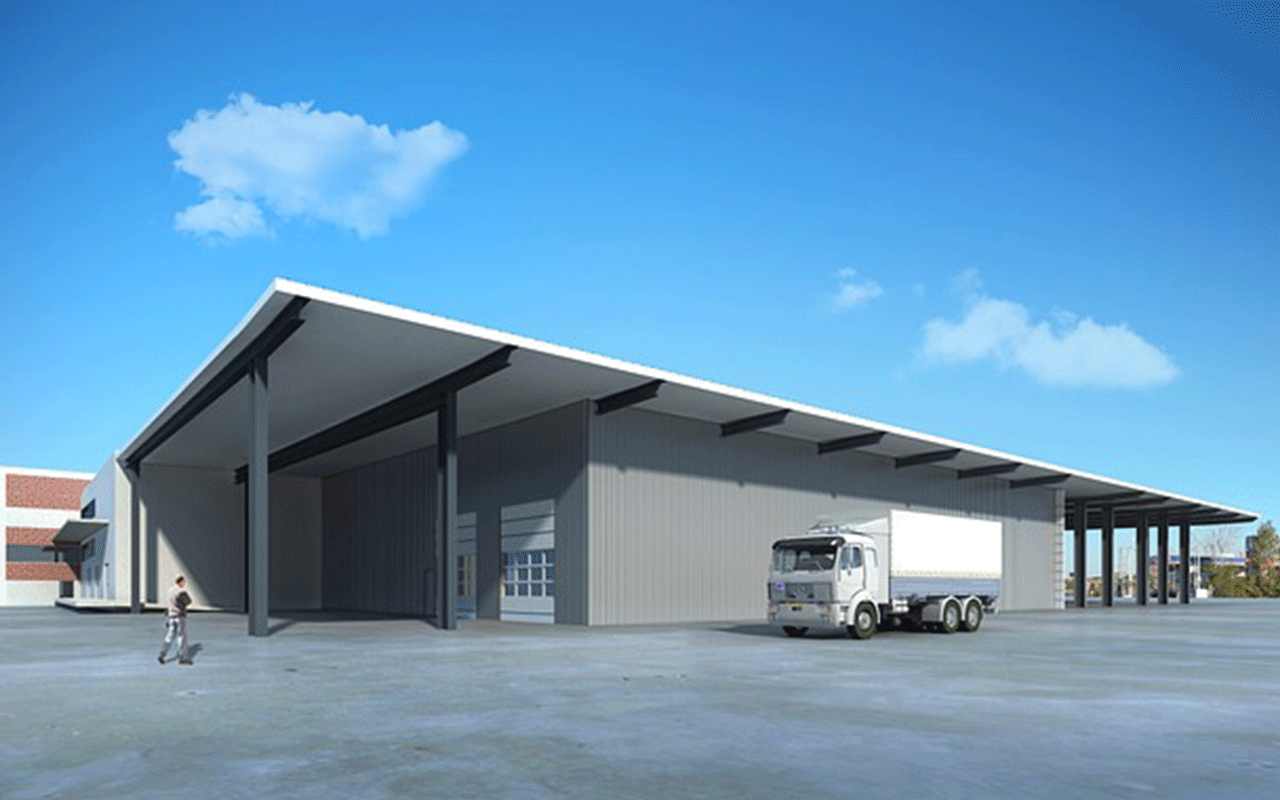Freight forwarding is the backbone of modern trade, especially for emerging economies like South Sudan. Amid a developing infrastructure and growing economic opportunities, freight forwarding is instrumental in bridging South Sudan with global markets. This article explores how freight forwarding functions, its unique challenges and benefits, and its critical role in supporting South Sudan’s economic aspirations.
Understanding the Role of Freight Forwarders
Freight forwarders act as the architects of global trade, coordinating the intricate movement of goods across borders and continents. Their primary function is to streamline logistics, navigating regulations, documentation, and transport channels to ensure goods move smoothly from origin to destination. They are indispensable as problem-solvers, often managing unforeseen challenges that arise in transport and customs.
Key Challenges in Freight Forwarding in South Sudan
Freight forwarding in South Sudan faces distinct challenges. The nation’s limited infrastructure poses hurdles, with underdeveloped roads and restricted access to key seaports complicating transportation. Political and regulatory dynamics add further complexity, as fluctuating policies impact customs and trade. Additionally, seasonal rains and environmental conditions can disrupt transport routes, making contingency planning essential.
Types of Freight Forwarding Services
Freight forwarding encompasses multiple transportation options, each suited to different needs:
Multimodal Freight Solutions are employed to tackle South Sudan’s unique geography, blending air, sea, and land to optimize delivery.
Air Freight Forwarding offers unparalleled speed, ideal for high-value or time-sensitive cargo.
Sea Freight Forwarding is cost-effective for bulky or voluminous shipments, and essential for trade efficiency.
Land Freight Forwarding remains crucial for regional connectivity, supporting trade with neighboring countries.
Importance of Customs Clearance in Freight Forwarding.
Effective customs clearance is fundamental to freight forwarding. South Sudan’s customs protocols require a detailed understanding of specific regulations, and freight forwarders streamline the process by handling documentation and ensuring compliance. Their involvement mitigates delays, reducing hold-ups at customs checkpoints and expediting cargo movement.
Navigating South Sudan’s Import and Export Regulations
South Sudan’s import and export procedures demand attention to detail. Import regulations dictate documentation and tariff adherence, while export requirements focus on compliance with international standards. Freight forwarders guide businesses through the maze of permits and licenses, ensuring smooth border transitions.
Warehousing Solutions in South Sudan’s Supply Chain
Warehousing is pivotal in freight management, offering a buffer allowing businesses to strategically store goods. Different warehousing options, such as cold storage and bonded warehouses, cater to various goods, enhancing efficiency. By positioning goods close to demand hubs, warehousing facilitates quick access, essential in markets with high product turnover.
Supply Chain Efficiency through Freight Forwarding
Freight forwarders streamline supply chains, helping companies reduce operational costs. Through inventory management and coordinated distribution, they keep goods moving, lowering the risk of bottlenecks. Real-time tracking ensures visibility at each stage, minimizing delays and optimizing inventory levels.
Transportation and Distribution Challenges
In South Sudan, the final leg of delivery, or last-mile distribution, is particularly challenging. Rough terrain and limited infrastructure can slow delivery times, especially for remote areas. Freight forwarders employ adaptive strategies to ensure consistent distribution, overcoming cross-border challenges to maintain service quality.
The Role of Technology in Freight Forwarding
Technology has revolutionized logistics, with GPS tracking and digital management systems enabling precise cargo monitoring. Automation enhances documentation efficiency, reducing paperwork errors. As South Sudan’s logistics landscape evolves, advancements like AI-driven forecasting and real-time data integration promise greater efficiency.
Compliance with International Trade Agreements
Regional trade alliances open new avenues, but compliance is key. Freight forwarders possess the expertise to navigate international trade laws, fostering smoother cross-border trade and helping South Sudanese businesses expand their reach.
Managing Costs and Budgeting in Freight Forwarding
Cost management is a priority in freight forwarding. Rates fluctuate based on factors like fuel prices and shipment volume. Freight forwarders offer cost-effective solutions for businesses of all sizes and help manage unexpected expenses through strategic planning.
Mitigating Risks in Freight Forwarding
Risk is inherent in logistics, and freight forwarders play a critical role in mitigating it. From insurance to contingency plans, they implement strategies to protect goods from damage or delays. Proactive risk management minimizes disruptions, safeguarding business continuity.
The Role of Partnerships and Collaboration
Strong partnerships in the logistics network enhance service delivery. Freight forwarders often collaborate with local transporters and suppliers, building resilience and fostering a cooperative approach to navigating South Sudan’s logistical challenges.
Freight Forwarding and Economic Growth
Freight forwarding underpins economic growth by supporting businesses in scaling and accessing wider markets. It strengthens domestic industries, enabling small businesses to compete on an international level, which boosts overall economic development.
Building a Sustainable Freight Forwarding System
Sustainability is increasingly relevant in logistics. Freight forwarders incorporate eco-friendly practices, from optimized routing to carbon-offsetting measures, to reduce environmental impact and promote a greener South Sudanese logistics sector.
Future of Freight Forwarding in South Sudan
As infrastructure and technology progress, South Sudan’s freight industry is poised for transformation. Trends like digitalization and automation will redefine logistics, offering a faster, more reliable trade landscape.
Key Skills for Success in Freight Forwarding
Effective freight forwarders need a combination of logistical expertise and cultural knowledge. Skills in negotiation, compliance, and adaptability to the local landscape are crucial for success in South Sudan’s unique market.
How to Choose the Right Freight Forwarder
Selecting the right freight forwarder is vital. Businesses should look for reliability, a strong network, and experience in navigating South Sudan’s logistical terrain. Vetting potential providers ensures smoother operations and trust.
Conclusion
Freight forwarding is integral to South Sudan’s economic progress. As businesses increasingly rely on logistics to reach global markets, the role of freight forwarders in supporting this growth is essential. With continued advancement, South Sudan’s economy stands to gain significantly from robust and adaptive freight forwarding services.




